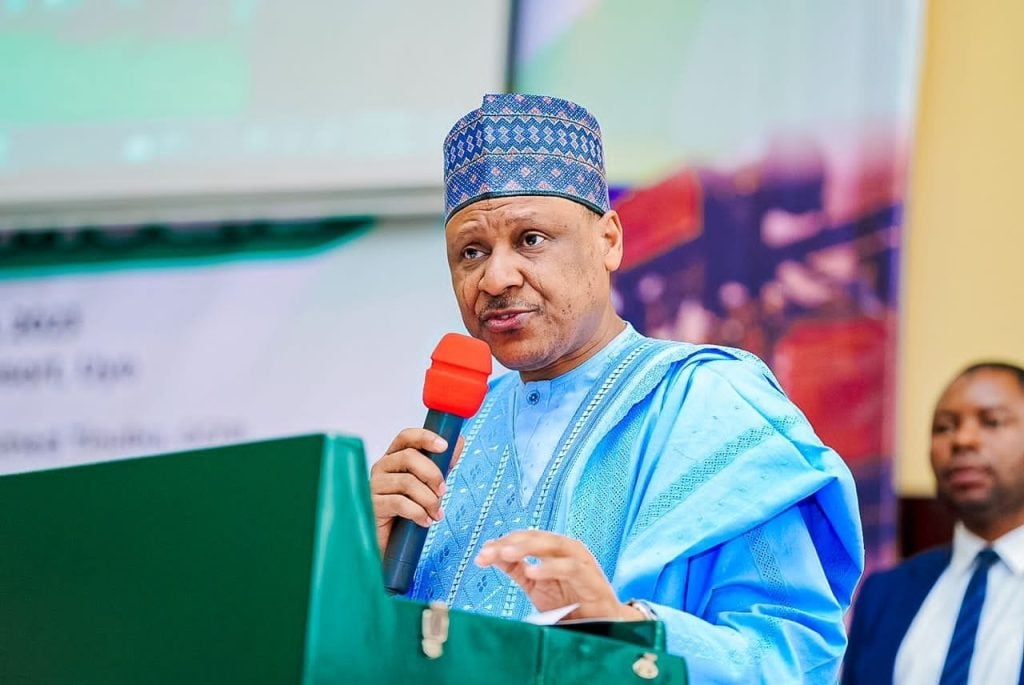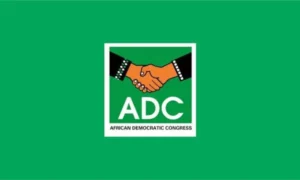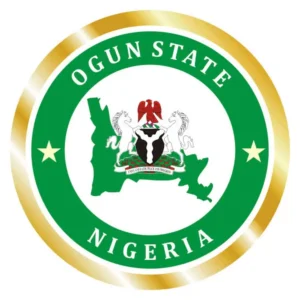The Nigerian government has explained why it is not considering fixing food prices despite the rising cost of food in the country.
According to the Minister of Information and National Orientation, Mohammed Idris, the government believes in a free market system that encourages entrepreneurship, especially in agriculture.
During the first ministerial briefing for 2025 in Abuja, journalists asked Idris about the high food prices in Nigerian markets.
Many Nigerians believe that wholesalers and retailers are deliberately increasing prices, making food unaffordable for many.
In response, Idris said that although the government acknowledges the hardship, it does not see price control as the solution.
He recalled that Nigeria once had price control boards, but the government now prefers a free-market system. Instead of fixing prices, the government is working to boost food production to stabilize supply and demand.
The minister emphasized that the government is open to reviewing its policies if necessary. However, at the moment, it believes in allowing market forces to determine food prices.
Despite government efforts in agriculture, food prices remain high. For example, a 50kg bag of rice, a common staple in Nigeria, is still selling for over ₦100,000.
For now, the government hopes that increasing food production will eventually reduce prices without direct intervention.







